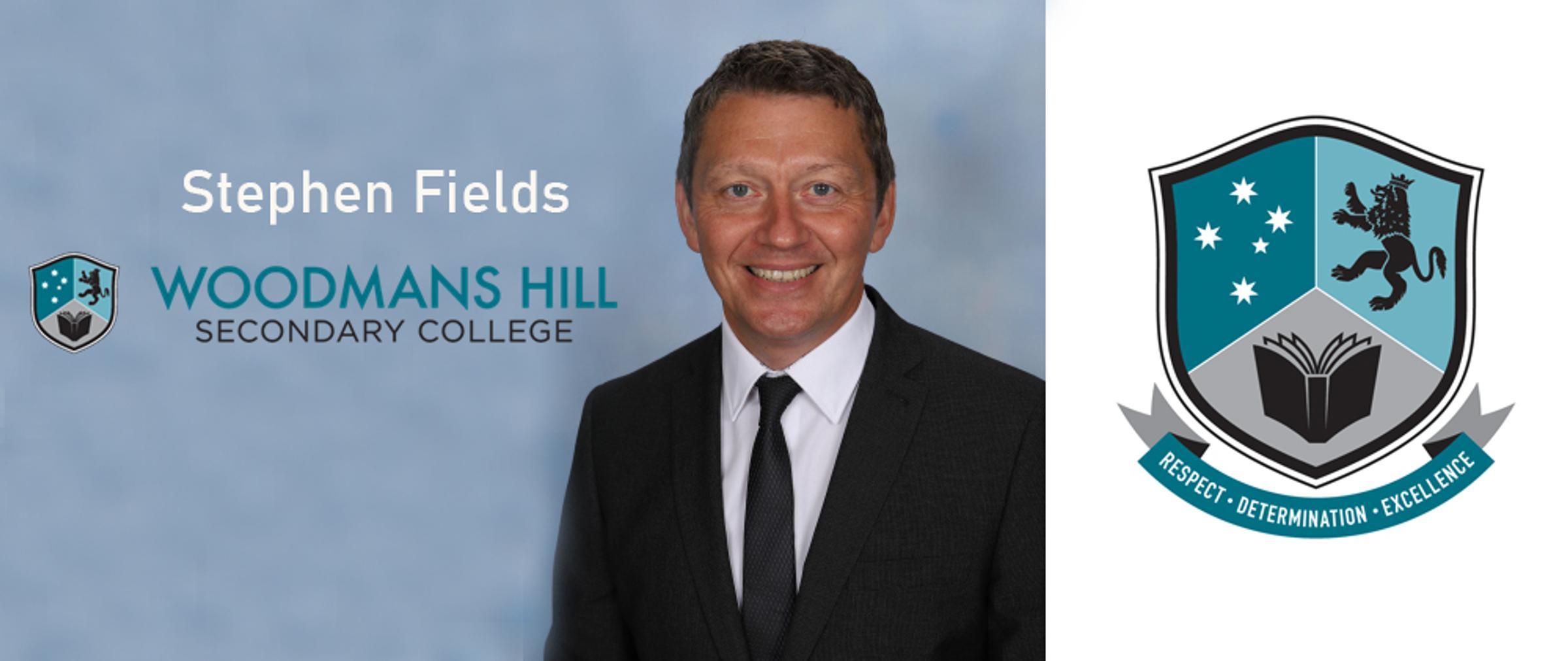Principal Report 2

There’s a phrase that is often spoken through gritted teeth when someone gets a comment that is perceived as a criticism: ‘feedback is a gift!’
Feedback is easy to take on board when it says something positive. At our most recent School Council meeting, it was heart-warming to receive feedback regarding the quality of care parents feel that their children are receiving from staff. Parent/Teacher/Student Conferences were highlighted in terms of how well staff knew individual student’s needs and could provide focused feedback on the best next steps. Also, staff willingness to pull together in the face of over a quarter of teaching staff absent through illness was commended and it was pleasing to be able to feed that back to a very weary staff this week who will be exhausted come the publication of this newsletter. Our School Council President, Soraya Hepburn, reflecting on the mountain of work that staff are putting into increasing student engagement and wellbeing commented that she couldn’t wait ‘until our data catches up to our practice.’ This recognizes the lag that sometimes exists between the support given and the recognition from students that this has changed how they think and how they feel.
To be the school that we will ourselves to be, we have to be focused on every aspect of our students’ welfare, so that our improvement cycle is ongoing and our outcomes continue to improve. We are fortunate that we have been able to celebrate a series of improved outcomes that indicate the progress we have made as a result of our collaboration as a school.
It is not so easy to feel positive when feedback provides us with data that challenges us. This is true for students as well and we have worked hard to alter the mindset so that all feedback is good feedback- as long as you do something about it to make a change for the better. However, I understand for our students that this is something that will take time, encouragement and support. High school can be a time when our sense of self is fragile and our levels of resilience fluctuate with the doubt and indecision that is the hallmark of a student’s high school years. Learning is tough, but learning is a fact of life and resilience is the skeleton key that unlocks potential. At Woodmans Hill, we know how amazing our students are and we witness, on a daily basis, the flashes of brilliance that provide an indication of what each of them could become. The trick is, how best to share this insight with our students so that they see themselves as we see them.
However, the uncertainties of youth are hard to dispel. The fact that our data indicates that our students lack confidence in their own abilities and rate themselves low in terms of their resilience and capacity to learn is feedback that we must take on as a school and as a community. This feedback comes from the Youth Resilience Survey we conducted in Term 1. We have been working as a staff to dissect this feedback from our students in order to improve our own provision so we change a negative mindset that is, potentially the enemy of aspiration. Our next body of work is with our students so that we can better understand the cause of their concerns, so that we can put in place interventions to improve how many see themselves.
An obvious factor influencing this data is the lack of confidence that set in with many of our students over the course of the last two years. Whilst we may have adapted our practice within online learning, the classroom is a constant opportunity to check understanding and provide feedback, with a facial expression; a thumbs up; or an explanation, in the moment, that finds the right question to reassure and move the learning forward. A section of this survey indicates that a quarter of our students feel anxious and just under two thirds are not ready to learn when they walk into the classroom. This is not something that can be dismissed and has to influence how we change our practice to bring back certainty and preparedness.
However, the feedback that stopped me in my tracks was that less than half of our students articulate that they have a ‘healthy mind’. This data is reflective of what they have been through and how they have struggled to transition post-lockdown. Already, our Wellbeing Team are drawing up plans to implement across the remainder of the year, but we can’t do this alone. We need a ‘village’ approach to supporting a significant percentage of our cohort who need our help. To this end, could you please contact our Assistant Principal for Wellbeing & Engagement, Shannon Ross, on the following email, if you are interested in being involved in a working group to further evaluate this data and put in place actions that positively impact on our students. Shannon.Ross2@education.vic.gov.au
As a school and a community, we need to be brave enough to ask the hard questions and be ready to respond to whatever we uncover. I want Woodmans Hill students to be mentally and emotionally strong enough to overcome any barriers to success and fulfilment that they might face.
This feedback is a gift, as long as we don’t waste it.
